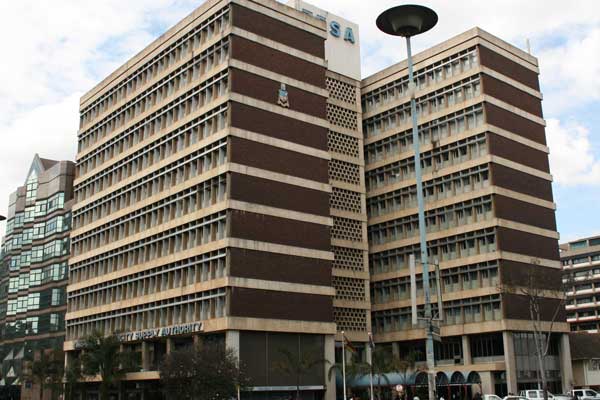
Plans by the Energy and Power Development ministry to ban the use of electric geysers proved beyond doubt that the government has no capacity to solve the worsening energy crisis in the country.
Energy and Power Development secretary Partson Mbiriri last week announced the impending shock ban as the Zimbabwe Electricity Transmission and Distribution Company released a load-shedding schedule that will see most households going without power between 4am and 10pm everyday.
Justifying the draconian ban, Mbiriri claimed that electric geysers consumed 40% of household electricity.
The government would force citizens to switch on to solar powered geysers, once a legal instrument was put in place to phase out the electric ones, he said.
Zimbabweans have endured rolling power cuts for several years amid unending promises by the government that a permanent solution was being worked out to solve the electricity shortages.

The state-owned power utility — Zesa — remains hamstrung from discharging its mandate professionally and efficiently because of political interference, as evidenced by the recent dissolution of the parastatal’s board.
Former board members were largely chosen for their political allegiance rather than for their professional competencies and once they fell out of favour with the Zanu PF faction currently in control of levers of power, they were shown the door.
- Chamisa under fire over US$120K donation
- Mavhunga puts DeMbare into Chibuku quarterfinals
- Pension funds bet on Cabora Bassa oilfields
- Councils defy govt fire tender directive
Keep Reading
Power and Energy Development minister Samuel Undenge does not seem to be in a hurry to appoint a new board to provide leadership at Zesa, despite clear evidence that wheels are coming off at the utility.
There is no better way to advertise the government’s incompetence than subjecting citizens to 18-hour power cuts every day.
The drastic action taken by Zesa last week demonstrates how bad the power generation situation has become in the country.
Zesa blames the crisis on low water levels at the Kariba Dam, which has affected electricity generation at the main hydro-power station.
Electricity generation at the Hwange thermal power station has also gone down significantly because of breakdowns and Zesa is too broke to cover the deficit with electricity.
The fact that the government believes the best response to the crisis is to ban electric geysers is not only bizarre, but lays bare the root of the problem.
Zimbabwe lacks a well-thought out plan to address the power shortages that are not only unique to this country.
Zesa inherited thermal power stations in Harare, Munyati and Bulawayo from the colonial government, but their contribution to the national grid continues to diminish due to lack of maintenance.
The country also has a number of outstanding energy projects that have the capacity to address the current power deficit and leave the country with a surplus to export to other countries.
Some of the projects include the long-awaited 2 000 megawatt hydro-power station at the Batoka Gorge, which would be shared with Zambia
However, a combination of corruption, nepotism, lack of progressive regulatory framework for the energy sector and weak policies have made it impossible for the country to address the energy crisis in a comprehensive manner.
The response by the government to the crisis such as the proposed ban on electric geysers and the daily 18-hour blackouts by Zesa are not only dehumanising, but put paid to any hopes of an economic revival in the near future.
It is also a tacit admission by government that it has no capacity to solve the crisis.











